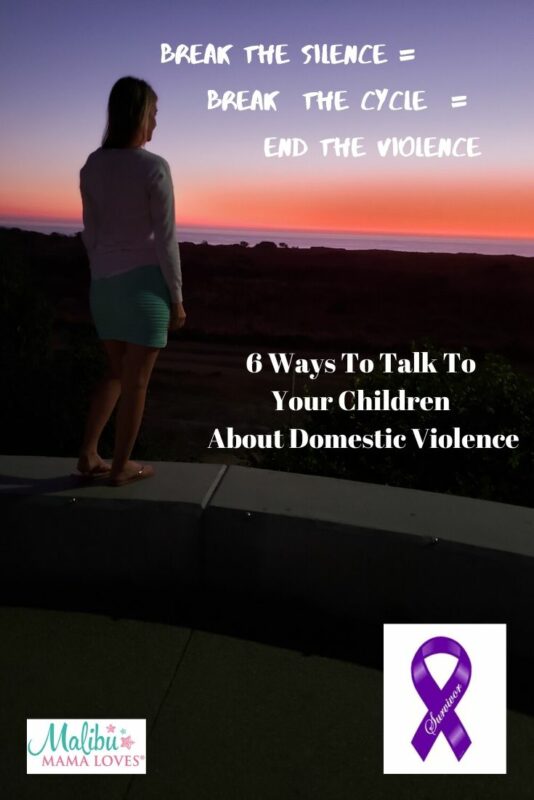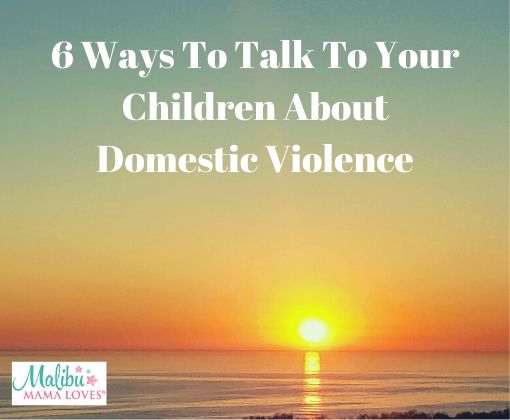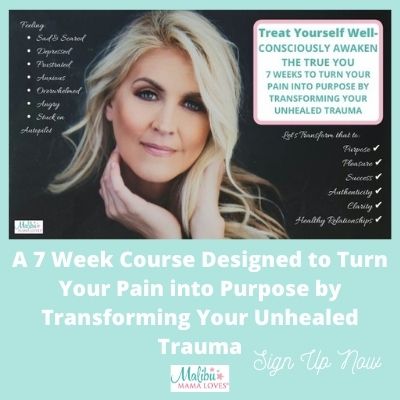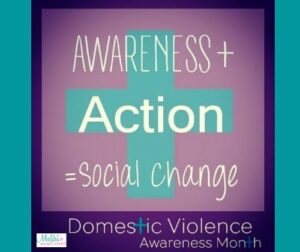Conscious Parenting: 6 Ways To Talk To Your Children About Domestic Violence
Domestic violence, violence in the home, is one of those topics that no one really wants to have to talk about. It brings out so many raw emotions – anger, fear, frustration, love, shame, sadness, hope – to name a few, that even when it is brought up, it is a challenge to know what to say and how, especially to children.
If your child has witnessed abuse, or perhaps has a friend who has confided in them and is confused, then domestic violence, the abuse, must be talked about.
Why Talk To Your Children About Domestic Violence
Children often respond differently in these situations. They may withdraw, they may act out, or they may pretend it is no big deal while showing signs of trauma such as anxiety, sleep problems or academic or social issues at school. Children may experience a wide range of emotions, not only listed above but guilt as well for loving the abusive parent. This is all perfectly normal, just as it is normal to want to hide from it and not talk about it BUT it can be talked through and healed from.
So no matter how hard it may be for us, we need to break the silence, speak up, look our fear right in the face with our children… and talk about it. Break the cycle.
Breaking the silence will break the cycle of domestic violence.
When I was going through this, I thought I was hiding everything from my children, as most of us domestic violence survivors do, for years. It wasn’t until I got us Out of the Darkness that I opened those lines of communication, and I will be forever grateful I did and continue to do so.
6 Ways To Talk To Your Children About Domestic Violence
- Get Support. First thing I did. I faced my fear of being honest about what had been happening in our home, my children’s (and mine!!) mental health are far more important than me hiding the truth a moment longer. So I found therapists for each of us. I googled and read as much as I could on talking to my children about this and how to start the healing process. Here is a great resource list of books that will help guide your conversations from the NCFR (National Council on Family Relations).
- Take the Lead. Go to them first. Don’t wait for them to bring it up, they most likely do not know how. But have a thought-out plan, wait for the right time when everyone is calm and take the lead. Share the love pin this:

- Begin Supporting them with a Statement of Love. I started with ‘Both mommy and daddy love you so so much. I want to talk to you about what has been going on and I want you to know I care about your thoughts and feelings and will listen to everything you have to say’. Give them some likeminded statement in a calm tone of support so they feel safe and more open to talking.
- Find Out What They Know. I asked what they had seen, what they felt, what they had heard. I also asked how they felt about those situations or fights and what they thought about them. Ask a simple question and then listen and watch how they react.
- Show Them Support, Reassure Them It Is Not Their Fault. Make sure they know, and this is something to be on the same page with your support system, that violence is NOT ok, and it is not their fault at all. Talk about healthy ways to deal with anger. Talk about forgiveness, for everyone. Show them that this behavior is not ok and will never again be accepted by any of you.
- Stay Calm. It’s ok to cry, it is an emotional topic and they learn empathy through seeing our truths. I did and still do sometimes! But do your best to stay calm, level-headed and positive. You take the lead, but follow their signals. You know your children best, you will know when they have more to say or are finished talking for then. But don’t be afraid to bring it up again later, once is never enough!
As with many conversations that have to happen on this fun path of conscious parenting, this is one that seems scarier before it gets started and then flows nicely, in a healthy fashion once it is brought up. It really is not scary at all, take it from someone who has now done it, a lot! Not talking about it with our children can cause so much damage and pain in their futures that it is a must.
So let’s keep this conversation going… what are your great tips on talking to your children about domestic violence? Share them in the comments with us!
Cheers and happy chatting
Malibu Mama Loves Xx



 Hi There! Let's Share ✩ Explore ✩ Awaken together! I’m a Mama, published author, biohacker, and trauma-informed life coach raising conscious kids who truly appreciate our world through travel. Welcome to the Malibu Mama Loves Conscious Living Lifestyle!
Hi There! Let's Share ✩ Explore ✩ Awaken together! I’m a Mama, published author, biohacker, and trauma-informed life coach raising conscious kids who truly appreciate our world through travel. Welcome to the Malibu Mama Loves Conscious Living Lifestyle!




 Ready To Turn Your Trauma Pain Into Purpose? Join Our FREE Masterclass Click
Ready To Turn Your Trauma Pain Into Purpose? Join Our FREE Masterclass Click 


